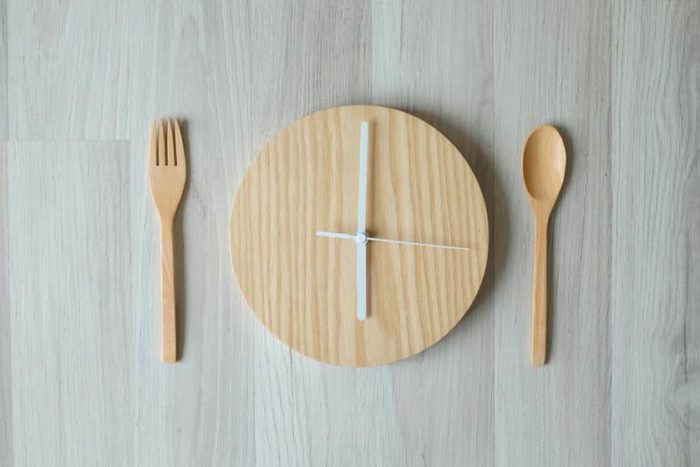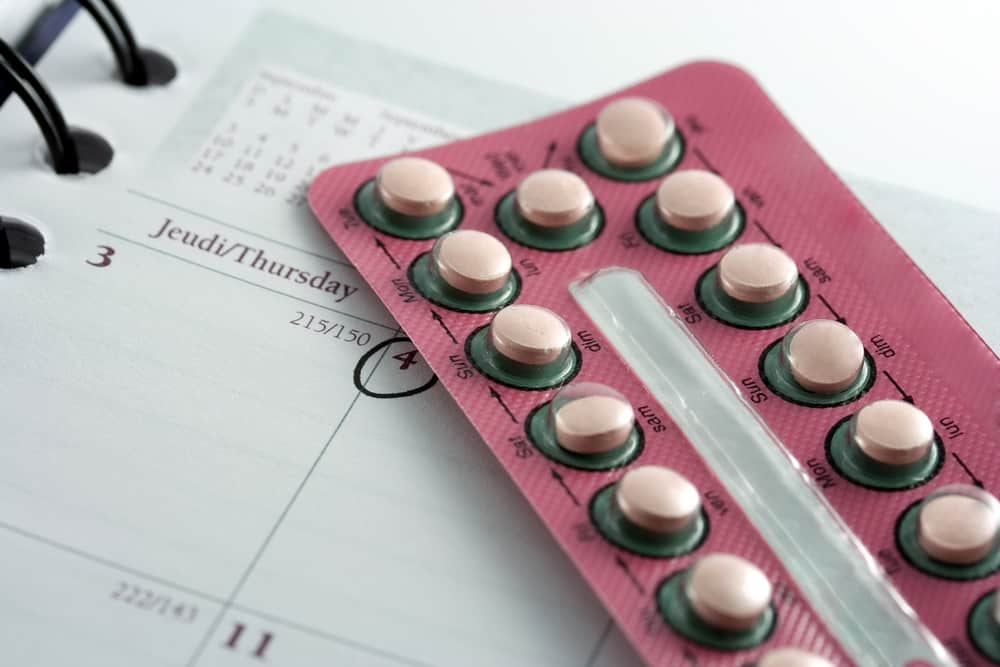Contents:
- Medical Video: Preventing Pre-Diabetes
- Are the nutritional needs of diabetics different from healthy people?
- Then, what about the needs of carbohydrates, proteins, and fats for diabetics?
- Protein
- Fat
- Carbohydrate
- How do you set a good meal for diabetics?
- Besides food, what should be considered by people with diabetes?
Medical Video: Preventing Pre-Diabetes
Diabetes mellitus is the main cause of blindness, heart attacks, strokes, and kidney failure. Even though 80 percent of diabetes events can actually be prevented and maintained so as not to cause other health problems. Therefore, regulation of diabetic food (people with diabetes mellitus) should not be arbitrary, this is a very necessary strategy. So, what are the nutritional needs of diabetics?
Are the nutritional needs of diabetics different from healthy people?
Diabetic nutritional needs are almost the same as those of non-DM people. Because, basal metabolism in DM is usually not much different, except in very severe and uncontrolled circumstances.
Although not much different, diabetics are often accompanied by excess weight (overweight) or obesity, so it is necessary to regulate eating and selection of nutrients so that body weight returns to normal.
By having an ideal body weight, diabetes can be more easily controlled. This is evident in a study that showed that weight loss as much as 5% in diabetics turned out to reduce the need for consumption of drugs controlling blood sugar.
Weight loss can be done by cutting energy entering between 500-750 kcal per day. The total energy provided is between 1200-1500 kcal / day for women and 1500-1800 kcal. Days for men.
Then, what about the needs of carbohydrates, proteins, and fats for diabetics?
Basically, all portions of carbohydrates, fats and proteins for diabetics are not the same for everyone, depending on their needs and physical condition.
Protein
Although indeed the needs of every person with diabetes are different, several studies suggest that giving 20-30 percent of total daily calories can increase satiety.
Maybe you who have diabetes can follow these needs, but you should consult your doctor first.
Meanwhile, for diabetics who have kidney problems, their protein needs will be different and adapted to their conditions.
Fat
Based on the Institute of Medicine fat intake for adults is 20-35% of total daily calories. However, the actual type of fat given is more important than how much fat should be given.
Research shows a Mediterranean diet that is high in monounsaturated fats can improve glycemic control and body fat levels.
Carbohydrate
Based on the guidelines from the American Diabetes Association (ADA) in 2017 stating the ideal number of carbohydrate intake there is no definite standard. So, your doctor will continue to evaluate and monitor your blood sugar levels after being given certain amounts of carbohydrates.
In general, carbohydrate needs for diabetics are around 55 percent or less, depending on the remainder of protein and fat. For example, 20 percent protein, 25 percent fat, and the rest is filled with carbohydrates.
The amount of carbohydrates eaten must also be adjusted according to the dose of insulin used if you are using insulin injections.
Carbohydrate intake should come from whole wheat, vegetables, fruits, legumes, this source was chosen because of its high fiber and low glycemic load.
In addition, sugar intake must also be regulated. Usually, the recommended amount of sugar is 50 grams of sugar, equivalent to 4 tablespoons per day.
To reduce sugar intake, diabetic food is usually recommended to use artificial sweeteners that are safe for blood sugar levels, of course with a reasonable dose.
How do you set a good meal for diabetics?

One thing that must be considered again is the eating schedule that must be adhered to by diabetes. Again, this can vary from person to person, so it's best to consult a clinical nutrition specialist.
However, generally the frequency of eating people with diabetes can be up to 6 times a day with regular time.
So, the distribution is 3 main meals and 3 intervals. Is this schedule not mostly? Generally not, this is done to maintain blood sugar balance to remain stable.
However, do not let the usual breakfast, suddenly miss it, and just start eating around 10 o'clock. Surely this affects the condition of your blood sugar balance.
This will also interfere with the schedule of taking medication or injections of insulin that must be used.
Besides food, what should be considered by people with diabetes?
In addition to diabetic food, there are several things that also need to be your concern, namely regarding physical activity and drinks.
Physical activity is needed by DM patients to maintain their blood sugar stability and help maintain body weight.
The recommended physical activity is 150 minutes per week in a moderate intensity (such as brisk walking and swimming) or for 75 minutes per week in the form of high intensity exercise (such as running). The activity time for this sport can also be shared at least 2-3 times a week.
In addition, people with DM are also advised to reduce sedentary activities such as sitting long and replacing them with more active physical activity.
Apart from physical activity, and diabetic food, drinks are also very important. Sweet drinks should be avoided to control weight and reduce the risk of cardiovascular disease and fatty liver.















